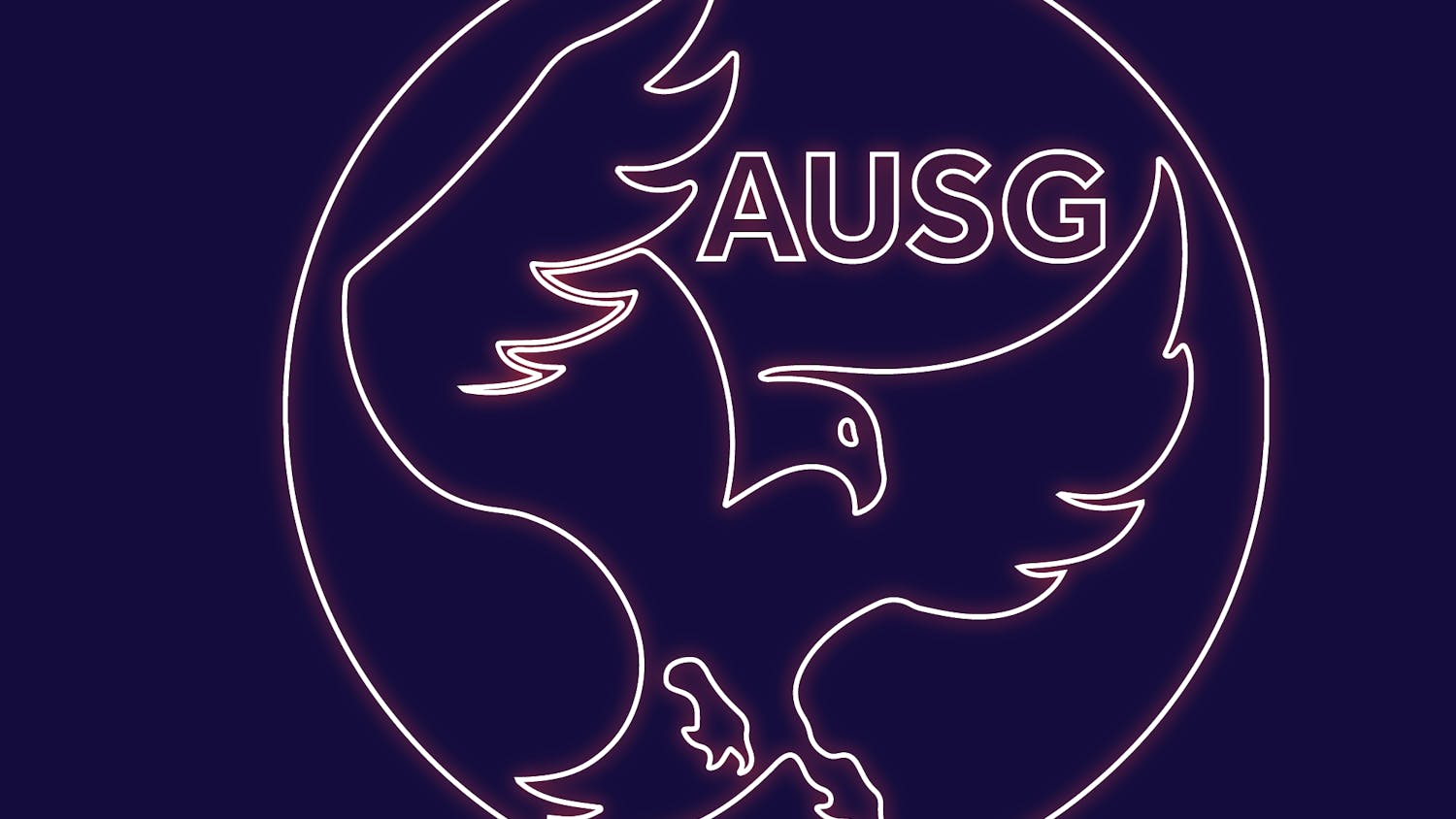Students will have fewer days to decide whether they want to drop classes, fewer chances to use Freshman Forgiveness and are less likely to make Dean’s List under changes proposed to AU’s undergraduate academic regulations by the Faculty Senate.
A Faculty Senate committee recently completed the first major overhaul of the academic regulations in about 25 years, according to Leigh Riddick, chair of the Faculty Senate.
The full Senate will vote on its recommendations this week.
The final decision on the changes rests with the provost.
Changes could include:
• The shortening of the add/drop period to seven business days,
• A limit on pass/fail classes to elective courses
• A limit of two classes for Freshman Forgiveness
• Higher standards for the Dean’s List and Latin honors.
The proposed changes will be sent to the full Senate this week for review at a meeting this Wednesday, Feb. 16 from 2:15 to 4:45 in MGC 4. Students are encouraged to attend and give input.
Add/drop changes
The add/drop period would be shortened from the first two weeks of classes to seven business days, under the proposal.
Riddick said the Senate was concerned about professors’ inability to start substantive coursework until the third week of classes because of the long add/drop period.
She said the Senate is also aware of the students’ desires to have time to shop around for classes.
The Undergraduate Senate proposed the add/drop deadline be after two class periods of any given class have met, except for weekend classes.
Pass/fail changes
Students would also be limited taking no more than four pass/fail classes, under the proposed regulations.
Students would be restricted to one pass/fail course per semester. The credits would only be for electives and not count toward AU’s General Education, major, math and English requirements.
Riddick said although relatively few students were taking pass/fail classes for General Education credit, the faculty was alarmed by the increasing percentage of students taking courses pass/fail in general.
The faculty feels very strongly about stopping this increasing trend, Riddick said.
Additionally, a failing grade in a pass/fail class would now affect a student’s GPA. Currently, if a student fails a pass/fail class, it does not affect their GPA.
The committee also recommends lowering the passing standard from a “C” to a “D.”
Dean’s List/Latin honors changes
It would also be more difficult to achieve Dean’s List requirements under these recommendations, raising the requirement from a 3.5 GPA to a 3.67.
“Currently over half of our students have a 3.5 grade point average or higher in a semester,” Riddick said. “We’d like for that designation to mean something more than it does now.”
Raising the threshold for Latin honors is also being considered.
The committee recommends that the full Senate consider limiting Latin honors to approximately 25 to 30 percent of students, according to Riddick.
Currently, any student with a cumulative GPA of 3.5 or higher receives Latin honors at graduation.
Freshman Forgiveness rule changes
The number of classes allowed under the Freshman Forgiveness rule could be reduced, under these suggestions.
Currently, freshmen can fail their entire first year and, using Freshman Forgiveness, still graduate with a 4.0, Riddick said.
“That just didn’t sound right to us,” she said.
Under the proposed changes, Freshman Forgiveness could only be applied to two classes. This change would affect less than five students per year, according to Riddick.
Outside of Freshman Forgiveness, students would be allowed to take a course up to two more times for credit after failing it the first time, giving students a total of three chances to pass a class.
Riddick also said that students who receive a passing grade in a course may only repeat it once in an attempt to raise their grade.
“Grades for each attempt are computed in the GPA, but only the highest grade counts toward your major,” Riddick said.
This could affect students hoping to go to graduate school, who need high GPAs in their major, according to Riddick.
Staff writer Zachary Cohen contributed to this report.
news@theeagleonline.com




